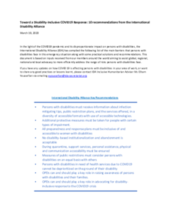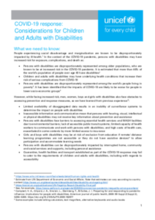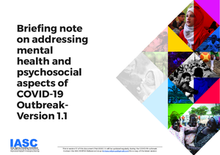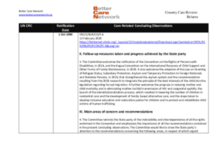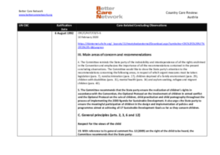Displaying 131 - 140 of 494
In the light of the COVID19 pandemic and its disproportionate impact on persons with disabilities, the International Disability Alliance (IDA) has compiled the following list of the main barriers that persons with disabilities face in this emergency situation along with some practical solutions and recommendations.
In the light of the COVID19 pandemic and its disproportionate impact on persons with disabilities, the International Disability Alliance (IDA) has compiled the following list of the main barriers that persons with disabilities face in this emergency situation along with some practical solutions and recommendations.
In this webinar, veteran online instructors help identify steps to move online and strategies for adapting the lessons already in motion to this new format.
This brief from UNICEF outlines what we need to know about COVID-19 and people with disabilities and what needs to be done in order to address their needs.
This report seeks to understand the issues faced by vulnerable populations in emergencies, including children, in order to provide them with support and priority assistance and to engage them in decision-making processes for response, recovery, preparedness, and risk reduction.
This resource from Save the Children provides some information regarding the impact of the COVID-19 pandemic on persons with disabilities and highlights the need for inclusive responses.
This resource from Save the Children provides some information regarding the impact of the COVID-19 pandemic on persons with disabilities and highlights the need for inclusive responses.
This document summarizes key mental health and psychosocial support (MHPSS) considerations in relation to the COVID-19 outbreak, such as appropriate MHPSS responses, overarching principles and globally recommended activities.
This country care review includes the care related Concluding Observations adopted by the Committee on the Rights of the Child.
This country care review includes the care related Concluding Observations adopted by the Committee on the Rights of Persons with Disabilities and the Committee on the Rights of the Child.

